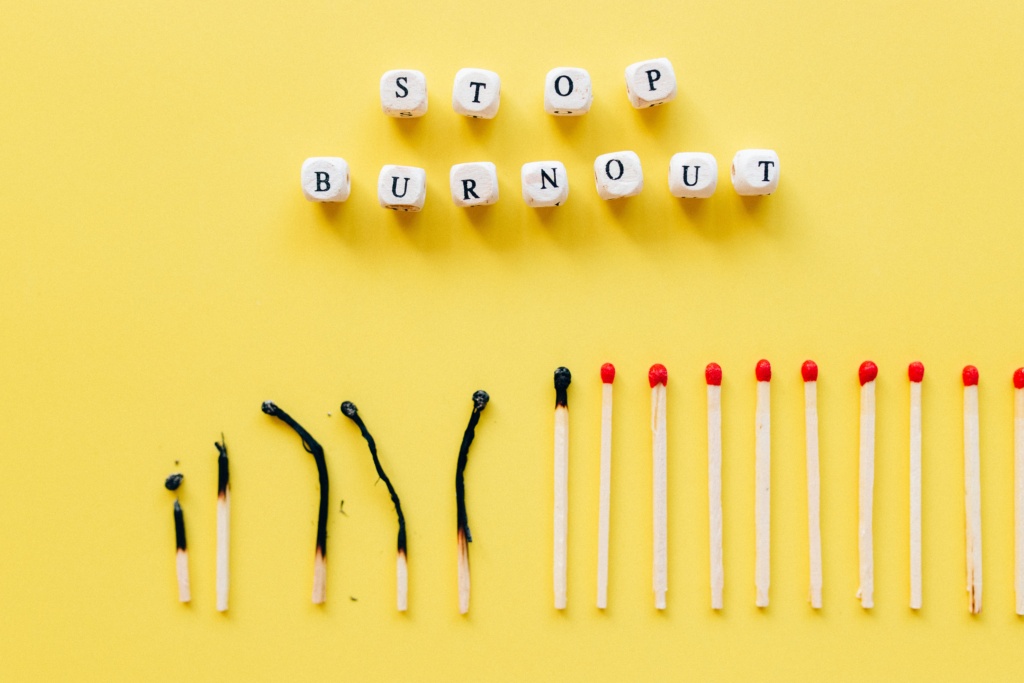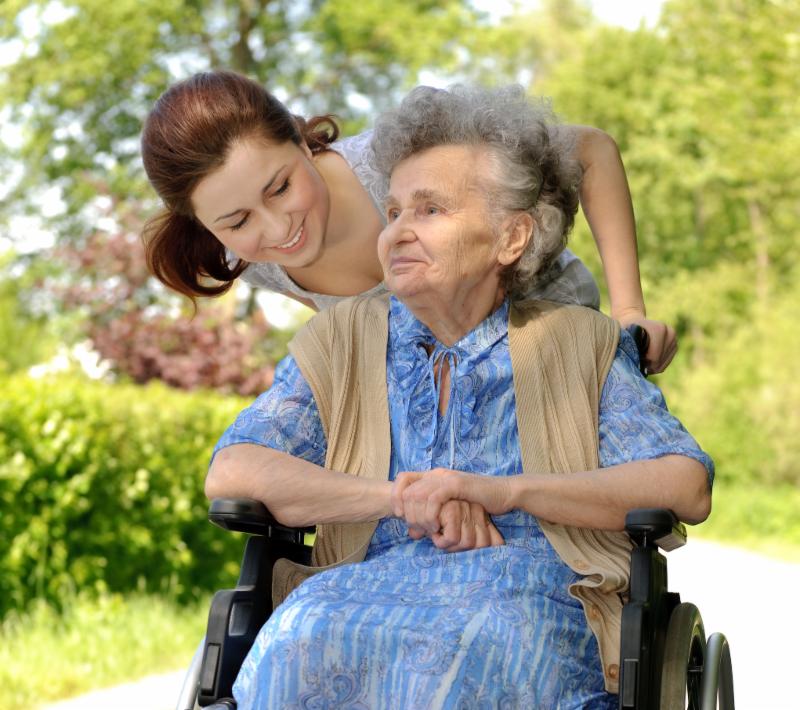Caregiving is a noble and often rewarding role, but it can also be physically and emotionally demanding. Whether you’re taking care of an aging parent, a spouse with a chronic illness, or a disabled family member, there may come a time when you need extra help. Recognizing the signs that you’re reaching your limits and knowing when to seek additional assistance is crucial for both your well-being and the well-being of the one that you care for.
One of the earliest indicators that a caregiver needs extra help is an increase in stress and burnout. Signs of caregiver burnout may include feelings of helplessness, irritability, anxiety, and even depression. Additionally, a caregiver may neglect his or her own health while caring for someone else, a common trap to fall into. If you notice a change in your physical well-being, such as weight loss or gain, having trouble sleeping, consistently fatigued, or neglecting your own medical needs, it’s a clear sign that you need assistance. Regular self-care is essential for maintaining your ability to provide care effectively.

Balancing caregiving responsibilities with your personal life and relationships can be challenging. If you find that you’re neglecting your social life, hobbies, or important relationships, it’s time to consider seeking extra help. Maintaining a support system and nurturing your own interests are vital for your overall well-being.
If you find yourself consistently neglecting your caregiving responsibilities, it’s time to take a step back and assess the situation. Missing appointments, forgetting medications, or not providing proper care due to your own exhaustion or stress can have serious consequences for your loved one’s health.
As your care person’s condition progresses, their care needs may increase. If you find it challenging to meet these escalating needs on your own, it’s a clear sign that you should seek additional support. Consider hiring a home health aide, exploring adult day care services, or looking into assisted living facilities if necessary. Your loved one can also benefit from the care of professional caregivers or respite care providers, offering new approaches to challenging issues.

If you find yourself experiencing resentment or frustration towards the person you’re caring for, that’s a red flag. These negative emotions can harm your relationship and your own mental well-being. Seeking extra help can help alleviate the burden and allow you to better focus on the positive aspects of caregiving. During these times, it is also helpful to lean into a trusted friend or a healthcare professional to better understand and address the sources of frustration.
Educating yourself on caregiving issues and supports is key to being successful in your role. We recommend contacting the Aging and Disability Resource Center to learn local options. There are also a host of online sources of education and advice. The AARP website can be a good place to start.
Recognizing when to seek extra help as a caregiver is not a sign of weakness but a responsible, caring decision. It’s essential to prioritize your well-being so you can continue to provide quality care for your loved one. Be open to the idea of assistance, whether it’s through support groups, professional caregivers, or respite care. Remember that seeking help is an act of love, ensuring both you and the one you care for thrive through the difficult times of caregiving.

